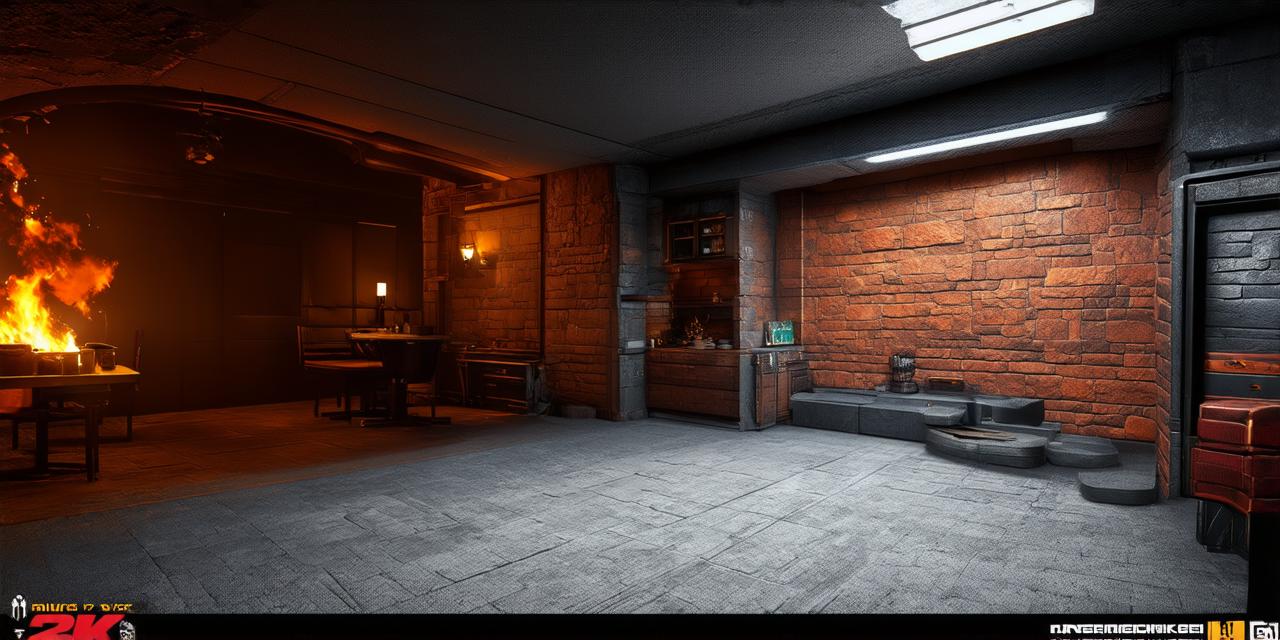Unity’s Advantages
- Ease of Use: Unity has a simple interface that makes it easy for beginners and experienced developers alike to create stunning 3D applications. It also offers a wide range of tools and resources to help you along the way.
- Cross-Platform Compatibility: Unity supports multiple platforms, including Windows, macOS, iOS, Android, and web browsers. This means that you can create one application and deploy it across multiple devices without having to rewrite the code.
- Large Community: Unity has a large and active community of developers who contribute to its development and provide support for users. This community also offers a wealth of resources, including tutorials, plugins, and assets.
- Scalability: Unity is designed to be scalable, which means that it can handle both small and large projects. It also offers tools for optimizing performance, so you can create applications that run smoothly on low-end devices.
- Monetization: Unity offers a range of monetization options, including in-app purchases, advertising, and subscriptions. This means that you can generate revenue from your 3D application without having to rely solely on sales of the game itself.

Disadvantages of Unity
- Performance Issues: Unity has been known to have performance issues on certain devices, particularly older ones with low RAM and processing power. This can result in slow loading times and laggy gameplay.
- Steep Learning Curve: While Unity is easy to use, there is still a steep learning curve for more advanced features and techniques. This can be frustrating for beginners who are just starting out.
- Limited Customization: Unity has limitations when it comes to customization, particularly in terms of scripting and shader development. This can be a drawback for developers who need a high degree of control over their 3D application.
- High Cost: Unity is not free, and there are costs associated with using it, including licensing fees and subscription costs. This can make it less accessible to small-scale developers or those on a budget.
Summary
In conclusion, Unity has its advantages and disadvantages when it comes to creating 3D applications. While it is easy to use and offers cross-platform compatibility and scalability, it can have performance issues and limited customization options. Ultimately, the decision of whether Unity is superior to other 3D engines will depend on the specific needs and requirements of your project. If you need a simple and versatile engine that can handle multiple platforms and generate revenue, Unity may be the right choice for you. However, if you require more advanced customization options or a high degree of performance, you may want to consider other engines such as Unreal Engine or CryEngine.




